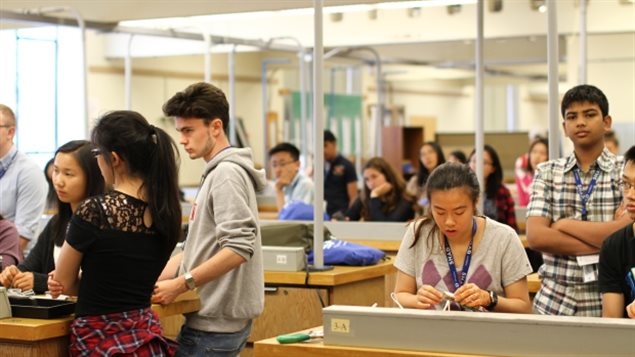A new study suggests that people who experience physical or verbal violence in their teens are more likely to suffer abuse later on. Researchers at the University of Calgary studied young people from the ages of 12 to 18 to find out whether they experienced psychological aggression like yelling, insulting or threatening and physical aggression like pushing or having objects thrown at them.
One in ten suffer violence
While there appears to be no data on the prevalence of this in Canada, a U.S. study suggests that 10 per cent of people in this age group do suffer physical violence when dating.
When this study followed up with subjects five years later it found that those who had suffered violence in the past were 1.5 to two times more likely to be subjected to violence again. They were also more likely to experience dating or relationship violence 12 years later.
Listen
Early experience shapes future
Researchers conclude that romantic relationships are a very important part of adolescent development. “Even though they might be short, they can really shape how adolescents develop,” says Deinera Exner-Cortens, an assistant professor of social work and lead author of the study.
“For a lot of these teens this was probably their first romantic experience and so if that experience is unhealthy that might shape what they come to expect in future romantic relationships.”
A ‘need to prevent violence’
This, she concludes, suggests that teens should not brush off violent behaviour and should seek help, and parents should encourage their children to talk about their relationships.
“For us this really speaks to the need to prevent violence before it starts,” says Exner-Cortens. “No teen should experience violence in a relationship. Everyone should have the right to feel safe in a relationship. And so, we really want to teach adolescents what a healthy romantic relationship looks like, how they can engage in healthy relationships and what they can do if a relationship is unhealthy. So (we need to be) really focussing on stopping the violence before it starts through policy and investment.”







For reasons beyond our control, and for an undetermined period of time, our comment section is now closed. However, our social networks remain open to your contributions.